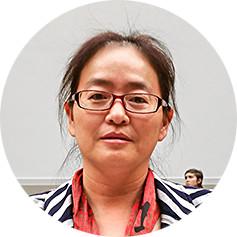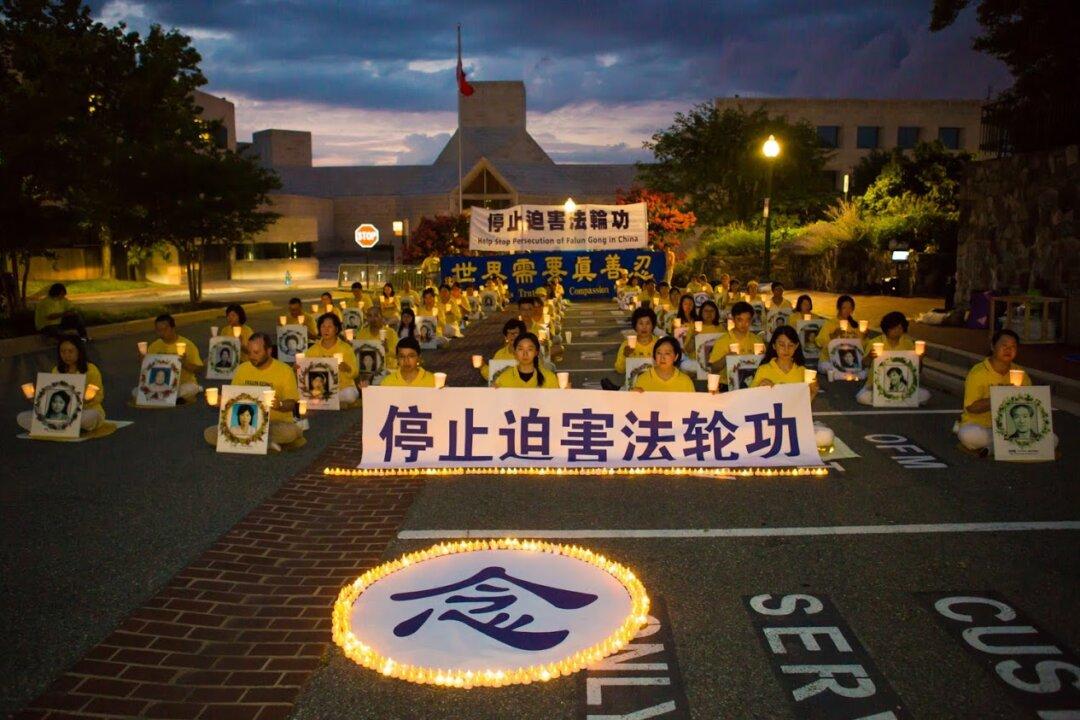WASHINGTON—Four Chinese women sat at a long oaken table in a hearing room on Capitol Hill on the afternoon of May 19 and asked the world to pay attention. Their husbands have been detained in China because of their work for human rights.
Rep. Chris Smith said they had come together to “shine a light” on the brutal treatment given human rights advocates such as these in China.
Light needs to be shone. These men are not well known in the United States, and telling their stories about events in a far-off and strange land is not easy. Among other problems, their names are difficult for English speakers to pronounce or remember.
Tang Jingling, Xie Yang, and Jiang Tianyong are human rights lawyers. Li Ming-Che is a member of a Taiwanese NGO that works for human rights in China.
Greeting cards say “Better to light a candle than to curse the darkness.”
This treacly cliché finds serious and hard-edged expression in these men, except that they themselves are the candles that shine in the darkness of today’s China. They have each made the sober decision to risk their life, health, income, profession, and reputation, while also putting their families at risk, for the sake of a better China.
Each of their stories is different and impressive in its own way, but there are common features among them. The case of Jiang Tianyong can shed light on the plight of this group and of rights defenders more generally in China.
Belief
When Jiang Tianyong’s wife, Jin Bianling, begins to speak, she leans forward in her chair. The Chinese words are spoken earnestly and each one with emphasis, as though Jin hopes by force of will to impress their meaning on the representatives who are listening to an English translation.






